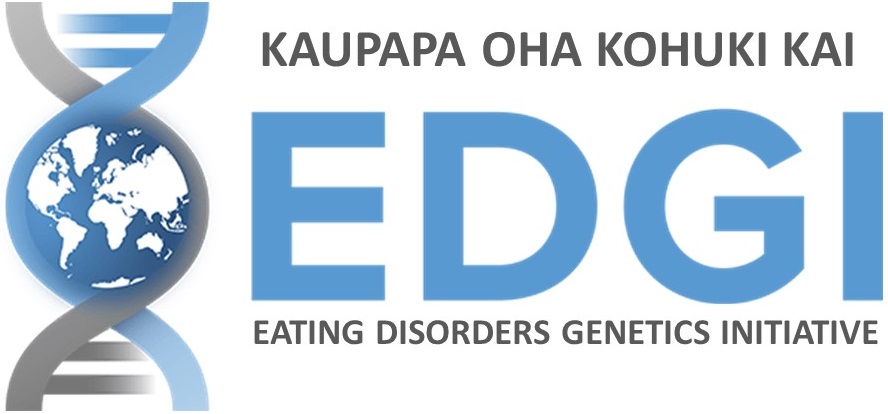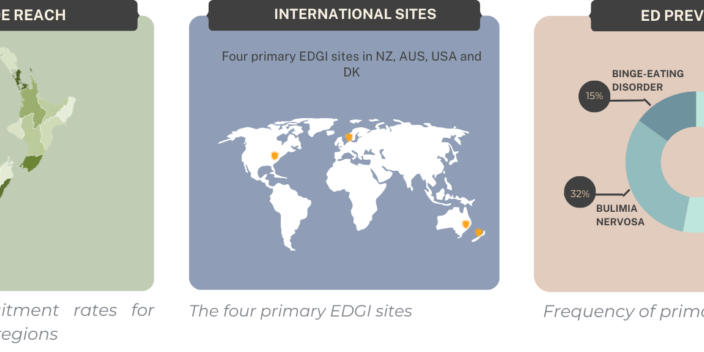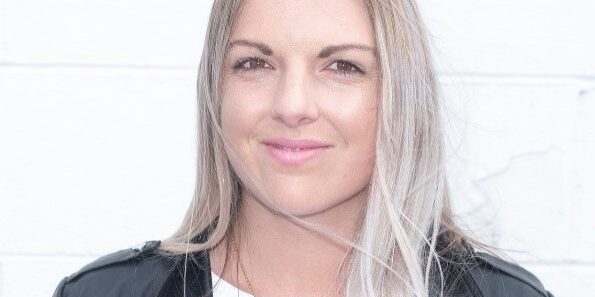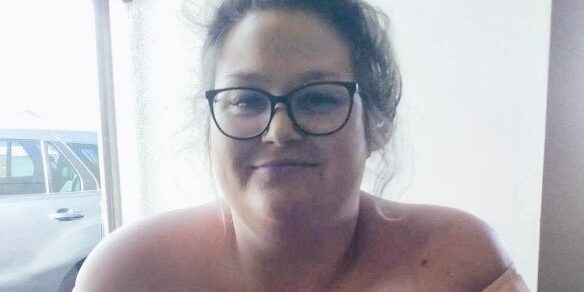Dave’s story
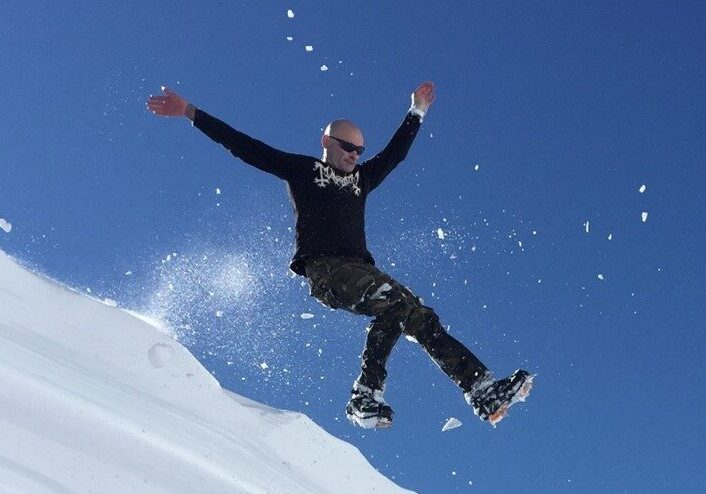
Dave, 51, Music lover & keen hiker who has waged an ongoing battle with eating disorders since his mid-teens, CHRISTCHURCH
Animal and music lover who enjoys hiking, climbing and spending time outdoors, Dave, 51, Christchurch, has been living with an eating disorder for more than three decades.
Dave was formally diagnosed with bulimia nervosa at 20 years of age. For the five years prior, Dave had concealed his disordered eating with other destructive habits of drug and alcohol abuse.
Before his involuntary admission to a drug rehabilitation program, Dave had to stop using drugs and alcohol completely. At this time, his eating disorders took complete hold of him.
Dave spent most of his twenties in and out of hospital. With his health then in constant decline, he made next to no improvement despite receiving substantial therapy and intervention.
Although Dave is continuing to battle disordered eating tendencies today, he has nonetheless learned to manage his illness over the years. Dave is wishing to share his story to encourage others living with eating disorders to start a conversation, seek help as soon as possible, and overcome the shame and guilt associated with eating disorders.
This is Dave’s story.
Living with the full wrath of an eating disorder was triggered by Dave’s involuntary admission to a drug and alcohol rehabilitation program, following five years of self-destructive and addictive behaviours.
“I deteriorated very quickly after being forced to stop using drugs and consuming alcohol.
“The eating disorders became very prominent then, because I basically swapped my addiction to drugs and alcohol for control over food, weight loss and extreme exercise,” said Dave.
“I didn’t eat very much, and every time I ate, I would make myself throw up. On top of that, I was exercising excessively.”
For the majority of his twenties, Dave was in and out of hospital, and despite his repeated attempts to improve his health, coupled with substantial intervention, including being put under a compulsory treatment order, Dave was unable to steer his life back on track.
“Then in my early twenties, I started drinking alcohol as a way to cope with the distress the eating disorder was bringing into my life. I was drinking alone in bedsits, basically self-medicating with alcohol, as life had become totally unbearable. It was a terrible time.”
“As a consequence of my physical and mental health, I was not able to work, and I wasted so much of my money on alcohol,” Dave said.
“This meant I had very little left over to try and maintain my health, let alone buy food to eat. I had to resort to taking food out of rubbish bins, and this went on for almost seven years.”
During his twenties, Dave had a small positive window, after his family intervened. They funded his stay at a private facility for 10 months, during which his health improved and his alcohol consumption ceased for some time. But, towards the end of his stay, he relapsed with both bulimia nervosa and alcohol use. By the time Dave left the facility to return to the community, he was struggling with a fully blown relapse, his condition further compounded by the underlying issues of anxiety and social phobia.
Dave spent the ensuing decade entangled in a vicious cycle of hospitalisations, interventions and reintegration into the community. At one point in his mid-twenties, Dave’s health had declined so dramatically, that his doctor gave him only a month to live.
“I had experienced multiple medical crises, I was at risk of cardiac failure, had been diagnosed with osteoporosis (I had the bones of a 90 year old), and had a dangerously low white cell count.”
“I was in a desperate situation. I was very unwell. I decided it was time to stop drinking as I felt so close to death. I was very scared and that fear motivated me to stop drinking for good,” said Dave.
“At the age of 26, after many years of trying to stop drinking alcohol, I finally succeeded, and have not drunk again since.”
“However, as a consequence of not drinking, my bulimia nervosa became even more intense, and my health deteriorated further,” Dave said.
“At age 27, I decided I had to stop being bulimic. I really felt like my days were numbered. I was so unwell with bulimia nervosa and excessive exercise. Something had to give, and after years of trying to stop being bulimic and failing, I just gave it up, out of fear for my life, and have never been bulimic since.”
Unfortunately, although Dave successfully conquered his bulimic tendencies, his anorexia nervosa became even more extreme, his weight plummeted even further, and he was hospitalised, and on this occasion, was force fed nasogastrically.
“I was so frail and unwell, I thought I had reached the end. Everything seemed hopeless,” said Dave.
Dave knew he needed to take drastic measures in order to turn his life around, and subsequently chose to surround himself with people who would not tolerate his disordered eating tendencies.
“It was at the age of 30, while in hospital, when I finally decided that I didn’t want to lose my life, and I needed to sort things out on my own.”
“I decided to join a gang, because I knew a gang would not tolerate my anorexia. After making this decision, I discharged myself from hospital against medical advice, and vowed never to return,” Dave said.
Over the coming year, Dave managed to gain a significant amount of weight, and focused on being well enough to join the gang.
“It was both tough and scary leaving hospital and slowly beginning to eat again, and gaining weight incrementally. But I did it, and finally became a patched member of the gang.”
“I know it sounds crazy, but the radical move of joining a gang actually saved my life,” said Dave.
After he left the gang, Dave continued to manage his eating disorders, had effective treatments to help curtail his osteoporosis, and maintained a reasonable weight. He secured a part-time job and began to study social work. He was living in Christchurch however, following the Christchurch earthquake, he lost his job and many friends from his close support network moved away. Dave relapsed with anorexia nervosa and excessive exercise, but over time, managed once again, to steer himself back to better health.
Nowadays, Dave no longer requires any active intervention. He is under the medical supervision of a GP, and by adhering to a rigid food plan, including the daily intake of high protein drinks, has been able to navigate his way through his complex and devastating mental illnesses.
Dave is supporting the New Zealand arm of the Eating Disorders Genetics Initiative (EDGI) – the world’s largest genetic investigation of eating disorders ever performed.
“I believe there is a genetic component to eating disorders. For me, eating disorders are like an addiction, and there is evidence to say that certain addictive behaviours are genetic.”
“I am fully supportive of EDGI, because we need improved and early diagnosis and intervention,” Dave said.
